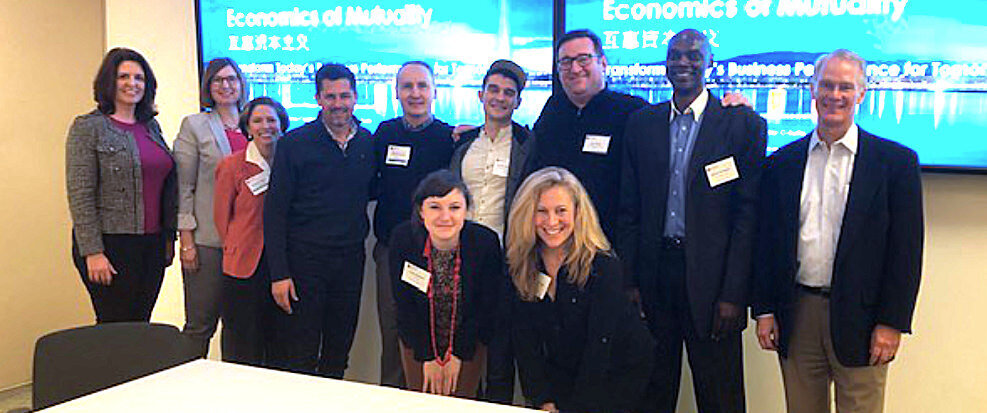Applying the Economics of Mutuality to the Legal Profession
Published May 2020
Leigh Vickery, Chief Strategy and Innovation Officer at Level 2 Legal Solutions recently wrote a fascinating article about the impact the Economics of Mutuality might have on the legal profession.
She was inspired by a panel discussion on the Economics of Mutuality held in Houston, Texas with Chatham Financial CEO, Michael Bontrager, Regent College Professor and author of Visions of Vocation, Steve Garber, and the Economics of Mutuality’s Chief Advocacy Officer, Jay Jakub.
An extract from Leigh’s guest post entitled ‘We Need a Legal Revolution, Not Reformation’ on the Law Sites blog has been included below.




